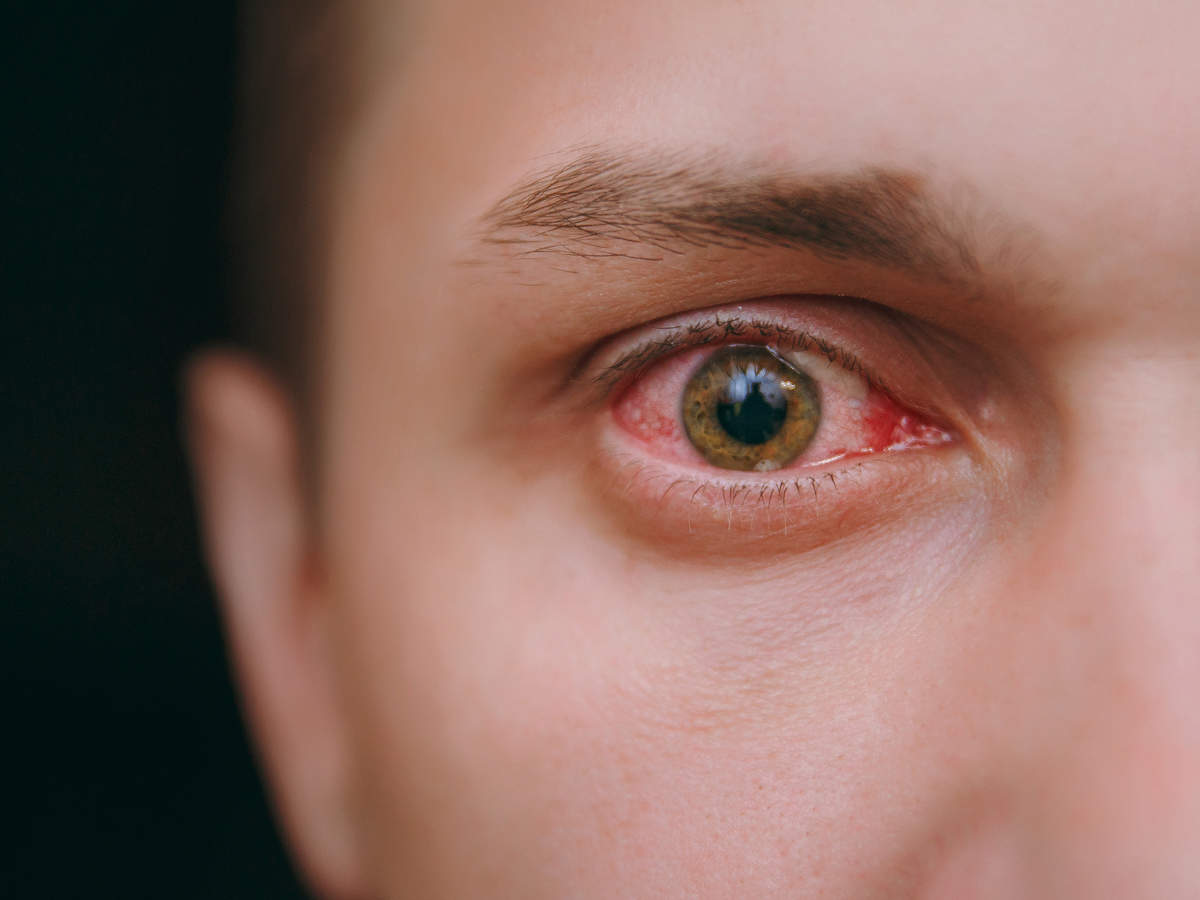
Retinal eye diseases encompass a group of conditions that affect the delicate tissue at the back of the eye known as the retina. This vital part of our visual system is responsible for capturing light and transmitting visual signals to the brain. When the retina becomes damaged or diseased, it can have a profound impact on our vision and overall eye health. In this article, we will explore the world of retinal eye diseases and the crucial role played by a retinal eye disease doctor in their diagnosis, treatment, and management.
A retinal eye disease doctor, also known as a retina specialist, is a highly specialized ophthalmologist who focuses on the diagnosis and treatment of retinal conditions. These medical professionals undergo extensive training beyond general ophthalmology to develop expertise in the complex structure and function of the retina. With their in-depth knowledge and advanced diagnostic tools, retinal eye disease doctors play a critical role in preserving vision and improving the quality of life for individuals affected by retinal disorders.
Retinal eye diseases encompass a wide range of conditions, including age-related macular degeneration (AMD), diabetic retinopathy, retinal detachment, macular holes, and retinitis pigmentosa, among others. Each of these conditions affects different parts of the retina and can lead to varying degrees of visual impairment if left untreated.
Age-related macular degeneration (AMD) is one of the most common retinal eye diseases and is a leading cause of vision loss among older adults. It affects the macula, the central part of the retina responsible for sharp, detailed vision. Diabetic retinopathy, on the other hand, is a complication of diabetes that damages blood vessels in the retina, leading to vision loss if not managed effectively. Retinal detachment occurs when the retina pulls away from its underlying tissue, causing a sudden onset of floaters, flashes of light, and a curtain-like shadow in the field of vision.
When it comes to retinal eye diseases, early detection and intervention are crucial. This is where a retinal eye disease doctor’s expertise becomes invaluable. They employ various diagnostic techniques, including dilated eye examinations, optical coherence tomography (OCT), fluorescein angiography, and electrophysiological testing, to evaluate the retina’s health and detect any abnormalities. By closely examining the retina and its layers, a retinal eye disease doctor can identify specific issues and formulate an appropriate treatment plan.
Treatment options for retinal eye diseases can vary depending on the condition and its severity. In some cases, laser therapy or injections of medications directly into the eye may be recommended to halt or slow down the progression of the disease. For retinal detachments or macular holes, surgical procedures may be necessary to reattach the retina or seal the hole, respectively. Retinal eye disease doctors possess the specialized surgical skills required to perform these delicate procedures and restore or preserve vision whenever possible.
In addition to their expertise in diagnosis and treatment, retinal eye disease doctors also play a vital role in long-term management and patient education. They work closely with individuals affected by retinal diseases to monitor their condition, adjust treatment plans as needed, and provide guidance on lifestyle modifications or visual aids that can enhance daily living. Their compassionate care and ongoing support are instrumental in helping patients navigate the challenges associated with retinal eye diseases.
In conclusion, retinal eye diseases can have a profound impact on vision and overall eye health. The specialized knowledge and skills of a retinal eye disease doctor are essential in diagnosing, treating, and managing these complex conditions. By leveraging advanced diagnostic tools, employing various treatment modalities, and providing ongoing support, these medical professionals play a pivotal role in preserving and restoring vision for individuals affected by retinal disorders.